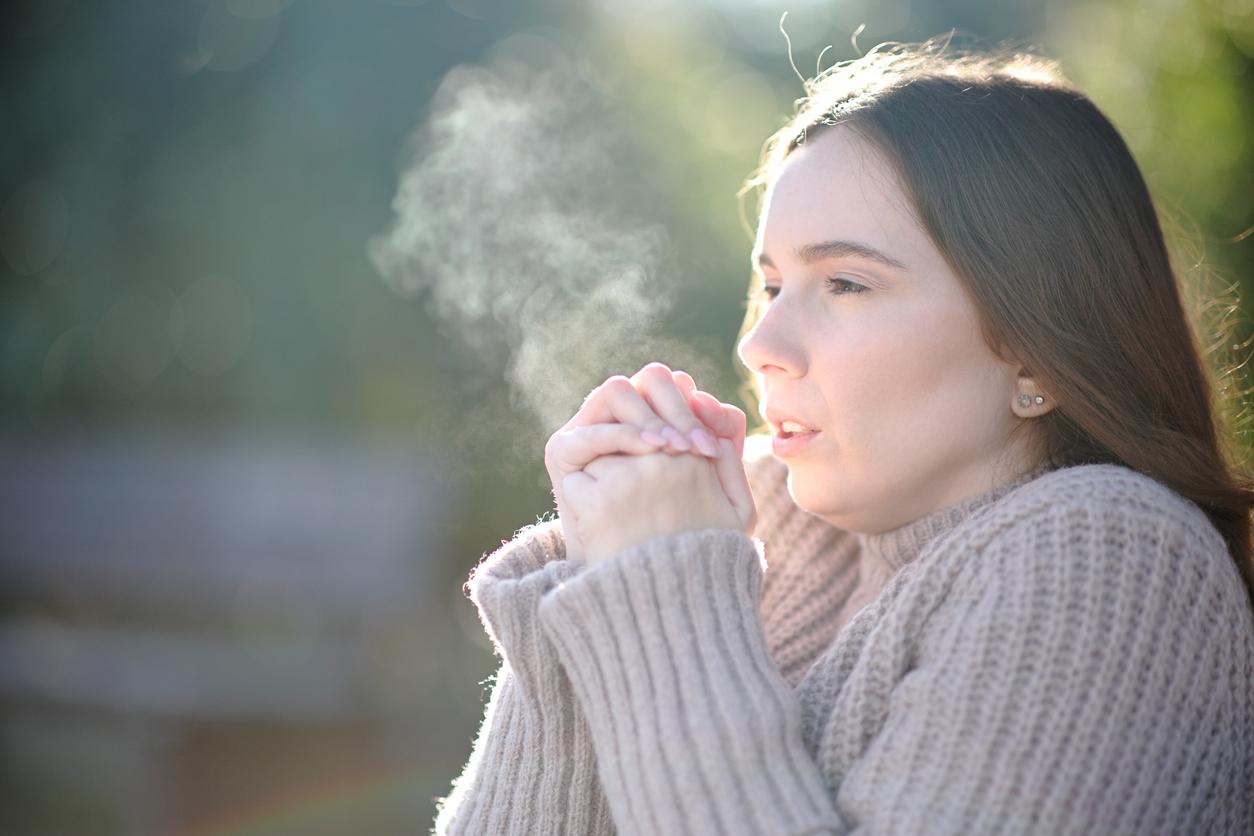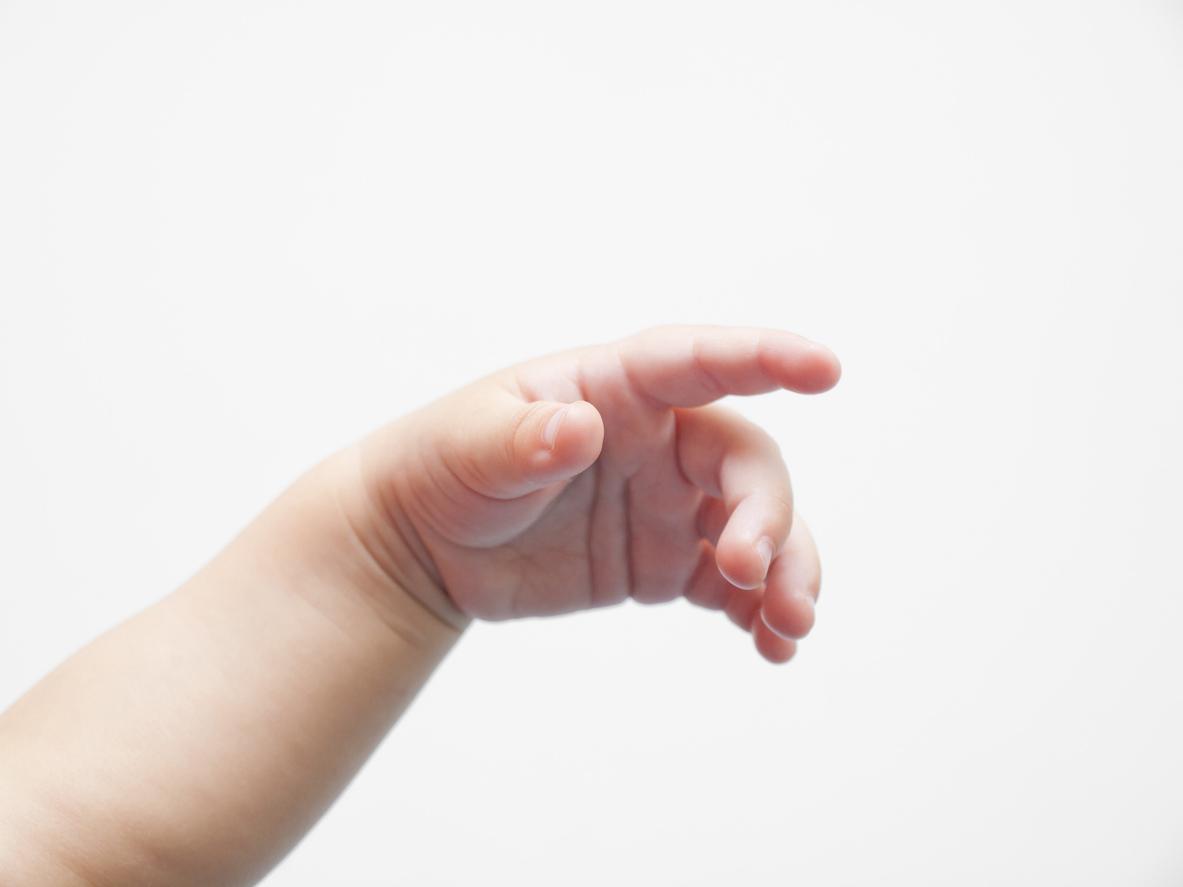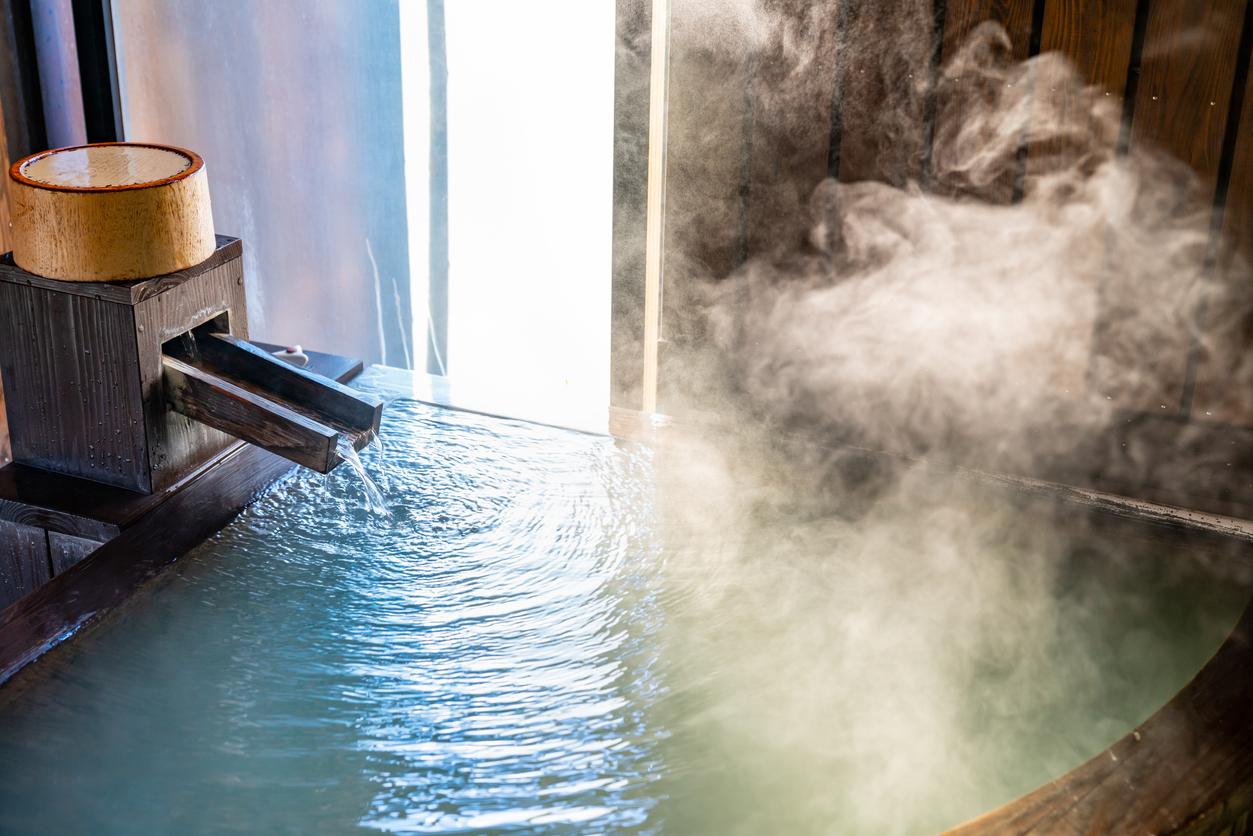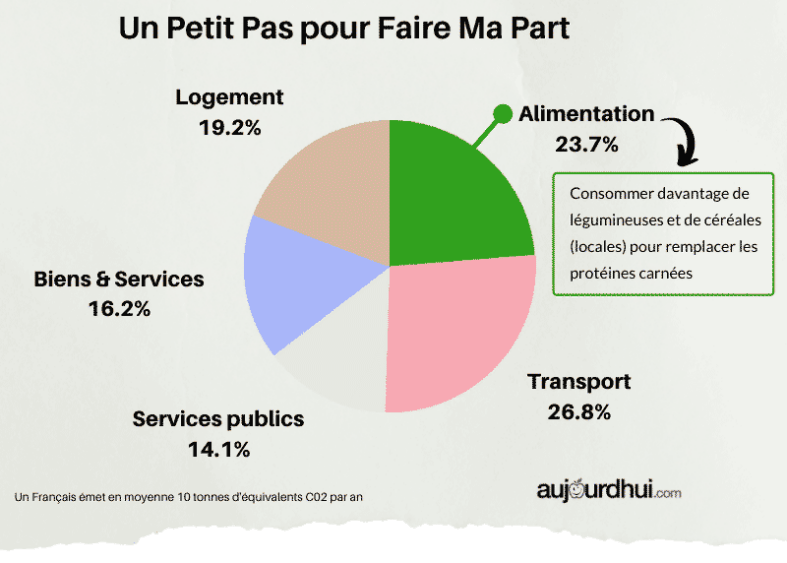Cold weather plans were put in place in several cities with the arrival of the first frosts. There are several ways to protect yourself from the dangers of winter.

The first cold sets in France. In recent days, several departments have launched the Plan Grand Froid. They are therefore increasing the number of patrols and strengthening their reception system for the homeless.
The icy wind or the snow represent a risk to the health of the most fragile. One should be particularly attentive to the insidious and harmful effects of a low temperature on one’s own health and that of others.
Who is at risk?
We are all concerned with the dangers of cold. Some people are more exposed to it because of their physical condition. Newborns do not adapt well to changes in temperature. Their body, which is not very mobile, struggles with the cold and they cannot express this sensation. Avoid taking them out in winter.
The elderly have a hard time perceiving the cold. But their body is more vulnerable to low temperatures: the blood circulates less well, the muscles are less mobile. Seniors with problems (heart, breathing, muscles) are more exposed to the risks of winter. They must limit their outings.
People with fragile health, such as patients suffering from chronic cardiovascular and respiratory pathologies or diabetes, must be attentive during periods of extreme cold.
The temperature drops can be the cause of hypothermia, frostbite and worsening cardiovascular risks. For respiratory disorders, for example, dry cold promotes asthma attacks while damp cold induces more bronchopulmonary infections.
Protect yourself inside
As much as possible, in a period of extreme cold, you should limit your outings as much as possible. In homes, several tips can be used to protect yourself from low temperatures. It is advisable to leave unused rooms closed so as not to lose heat. The heater should be turned on to a reasonable heat. The interior temperature must be at least 19 ° C, including in the bedrooms.
Be careful, however, not to overheat the accommodation! In addition, carbon monoxide poisoning is one of the worst dangers in cold weather and causes several deaths each year. To avoid this, it is necessary to heat reasonably and ventilate the rooms well. Auxiliary fuel heaters are not recommended and the generator set must be installed outside the building. Even in winter, it is recommended to open the windows for 10 minutes each day in order to circulate the air.
Protect yourself outside
It is of course impossible to confine yourself all winter. Several precautions allow you to protect yourself from the cold during your outings. Covering the airways (chest, mouth, nose) is rule number one. The second consists of covering the extremities, the first victims of low temperatures: a cap for the head, covered ears, gloves for the hands and thick shoes for the feet. Be careful to choose them so as to avoid falls due to ice.
During your outing, maintain a regular level of exercise. Don’t walk too fast so as not to overheat your body, but don’t stay still. Also avoid long journeys by car. If you can’t do without it, provide plenty of water and survival blankets.
For healthy people, this shouldn’t be overdone either. We can continue to play sports but we must take precautions. Do not skip the warm-up phase, because when it is cold outside, your ligaments, tendons and muscles take longer to relax and blood circulates less well in the arms and legs. It is therefore even more important to do a longer warm-up to start the machine.
During periods of extreme cold, hear from your elderly or disabled loved ones, but also isolated people you know. If you notice someone in difficulty or homeless, do not hesitate to contact the Samu social at 115.
.

















